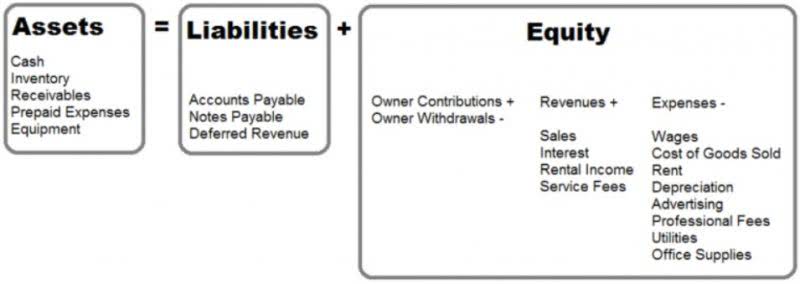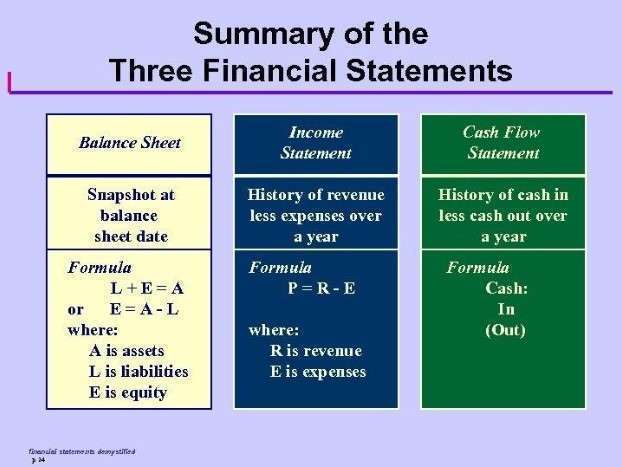
Smart, growing churches will save unspent dollars to strengthen their capital improvement capacity in the years to come. In other words, in our example above they would take the additional 10% (50%-40%) and either pay down on their mortgage, save or do a combination of both. Some churches take a passive approach, which I do not recommend at all.

Check in With Your Budget Regularly
In the end, you want to confidently know your church is financially in it for the how to create a church budget long haul. Shameless plug… Don’t forget to check out my article on How to Pick the Right Accounting System for My Non-profit. You’re welcome to use spreadsheets if that makes you feel more comfortable, but you’ll soon get tired of the manual processes and need something more fitting for your church.

Cross Community Church: A Foundation of Faith

Setting aside a certain percentage of funds for future growth or unexpected changes, allows a church to be better prepared to adapt and thrive. Healthy financial management requires that you regularly review and adjust the budget. This could be on a quarterly or semi-annual basis for the current year. It allows the church to adapt to changing financial circumstances and ensures that spending aligns with goals for church growth.
How To Safeguard Church Finances: 15+ Proven Guidelines
Your accounting system will often have a pre-built “budget variance” report you can use to do this automatically for you. Once your budget is completely filled out, get a second opinion. Find two or three people you trust, perhaps key leaders in your organization, and walk them through your logic in creating the assets = liabilities + equity budget.
- So, before you devote 90% of your church budget to a big outreach event, make sure you are ready to make the most of your opportunity to make a good impression.
- The most common question I get as it relates to budgets is, “What percentage of our budget should go to salaries?
- For staff compensation, the accepted range typically falls between 33% to 50%.
- You should never wait until the last minute to set up the next financial year.
- The point of a budget is to provide a structured plan for managing money entrusted to you and your church.
The Humble Pastor
– Personnel, facilities, and rent/mortgage take up the majority of most church budgets. However, the goal should be that no less than half of your expenses be for internal and external ministry work. At every step of the process to create your budget, your church’s mission and vision should be the main focus. But the whole purpose of creating a budget is to help your church live out its purpose. Some financial goals can be viewed in both the short and long term.
Then https://www.bookstime.com/ department leaders are informed about the what and why behind the budget decisions. Aim to move your savings level to 10% of your income, both personally and with the church. If you have no plan, everyone’s flying by the seat of their pants and it just feels like you’re playing catch-up all the time. You should never wait until the last minute to set up the next financial year.
Communicate primary vision and strategies to the stewardship team
- Learn more about our online donation processor, donor database, and other fundraising tools to help you reach your goals.
- A church budget will help you steward the resources God has given your church, helping you do more for the Kingdom.
- Over the millennia, the holiday has changed in more ways than anyone living now can possibly know.
- These goals might include expanding outreach and evangelism programs, renovating church facilities, or growing missionary support.
- This church budget category includes all salaries, benefits, and bonuses given to anyone employed by the church.
- It allows the church to adapt to changing financial circumstances and ensures that spending aligns with goals for church growth.
An episode of the PBS SoCal show “Artbound” has linked U.S. observances of the holiday to the artists involved with the community arts center Self Help Graphics & Art. They worked to popularize Día de los Muertos in the 1970s, a time when the Chicanx community in L.A. Had become politicized while fighting against the Vietnam War and social injustice.